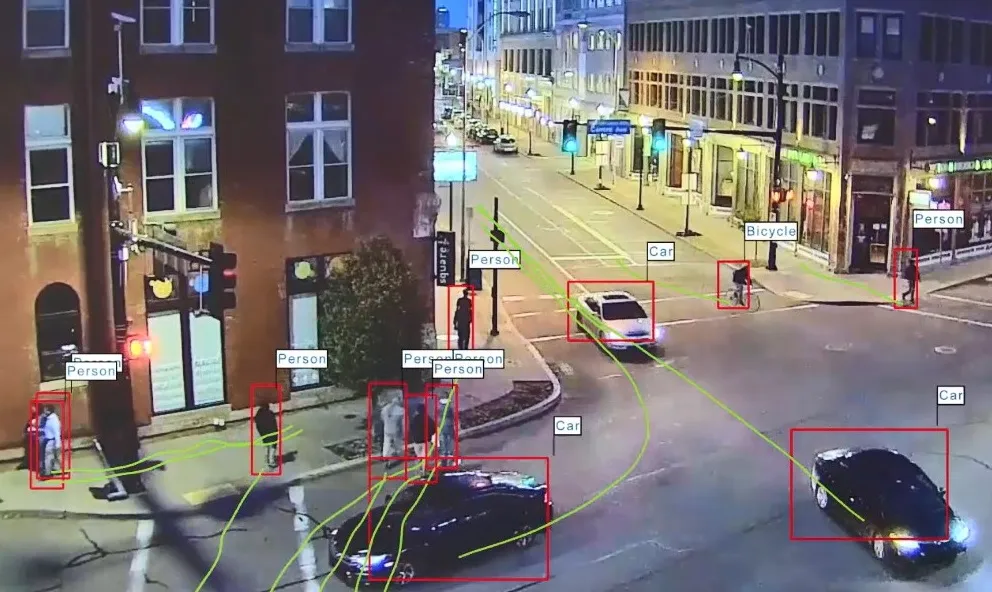TrafficCast International has completed the implementation of its latest generation Bluetooth signal sensor detector technology, BlueTOAD Spectra, in Florida.
In December 2016, the Florida Department of Transportation's Traffic Engineering Research Laboratory (TERL) approved the new BlueTOAD Spectra dual-radio Bluetooth detection system for inclusion on the State's Approved Products List (APL). At the same time, several Florida local agencies also tested the BlueTOAD Spectra.
Seminole County, a Blue
March 8, 2017
Read time: 2 mins
In December 2016, the
Seminole County, a BlueTOAD user since 2011, tested the new Spectra sensors as a possible solution for their need to monitor and collect data during non-peak hour traffic conditions.
Palm Beach County, a BlueTOAD user since 2012, tested the Spectra technology on one of their primary arterial roadways, stating that they achieved a match rate of 394 vehicles in one hour.
A new BlueTOAD user, Manatee County Florida, is currently deploying a 60-unit Spectra sensor system countywide for real-time travel-time monitoring, signal retiming and evacuation route planning.
BlueTOAD spectra traces anonymous Bluetooth signals from mobile devices in vehicles to determine travel times, road speeds and vehicle movements, even when a phone is paired to the vehicle rendering it ‘undiscoverable’. This increase in data provides the most accurate travel times on lower volume roads and during non-peak hours, while also providing for a much larger footprint for area-wide origin/destination studies.










